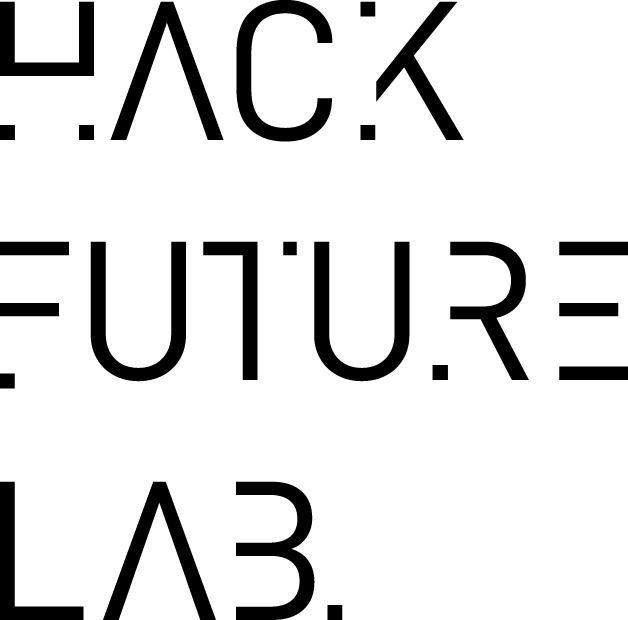#Me to #We Study
Clarity, Growth and Belonging
‘Leaders are often blind to their own blindness when it comes to diversity, equity and inclusion. This is the challenge and the opportunity for everyone’. Terence Mauri, Hack Future Lab
Why is it that only 5% of nations are led by women and less than 3% of CEOs on the FTSE 100 Index are women? It’s impossible to harness trust if women are ignored as potential future leaders in organizations. To thrive, every organization must prioritize three things:
Differences: Do leaders focus on optimising differences, not difficulties?
Divergent thinking: Do leaders like ideas that make you feel good or make you think hard?
Diversity: Do leaders lead with the mindset that diversity is a fact but inclusion is a choice?
What’s more, the global pandemic highlighted that current ‘business first’ leadership models that prioritise compliance are broken, and has provided an opportunity to reset to an inclusive, human-first leadership model that prioritises DEI. This inclusive mindset shift includes:
Less micro-and more macro-managers
More diverse and ethical leaders such as Jacinda Ahern and Angela Merkel
Leading with inclusion and humanity
Leaders who are the most trusted capture the most value when difference, divergent thinking and diversity is not just a set of beliefs but is recognized and celebrated. It’s clear to me that people want values and value at work, and that this starts by moving from an ego (me) to eco (we) mindset.
Findings
93% leaders agree the DEI agenda is a top priority but only 34% believe it is a strength in their workplace
93% respondents agree without DEI t’s impossible to thrive
89% respondents have withheld an opinion, question or concern because of lack of workplace equity
86% respondents want more truth, trust and transparency at work
83% respondents agree trust between them and their manager is the second biggest driver of life satisfaction after mental health
76% of people want CEOs to speak up and lead on societal issues such as pandemic impact, job automation and DEI agenda
46% of leaders agree they don’t understand the mechanics of how DEI is built, managed, lost and repaired
Summary
How do you create inclusive workplaces where the DEI agenda is prioritized alongside growth and profitability? People feel included when both their direct, day to day experience and perceptions of enterprise-wide support is consistent, positive and equitable.
Companies that are too slow to improve their DEI agenda are more likely to fall behind their competitors that are quicker to adapt. The imperative is to embed DEI initiatives with clarity, growth and belonging.
For leaders, they must go big on truth, trust, transparency and bake equity and differences, diversity and divergence into the values, culture and operating model.
Inclusion Accelerators
- Belonging
- Purpose
- Impact
- Meaningful work
- Fairness
- Trust
- Voice
- Psychological safety
Inclusion Blockers
- Lack of acceptance
- Lack of respect
- Lack of equity
- Lack of fairness
- Lack of inclusion
- Too much positional power
- Lack of psychological safety
Methodology
Hack Future Lab, a global management think tank, which analyses the emerging future of leadership and future of work trends interviewed 1000 people over 10 weeks via Zoom to track DEI in organisations.
*Sample size: taken from 5 industries: financial services, travel, leisure, hospitality, manufacturing
*51% men, 49% women
*200 senior management roles
*800 workers
*January 2021 completed
*Ongoing study
